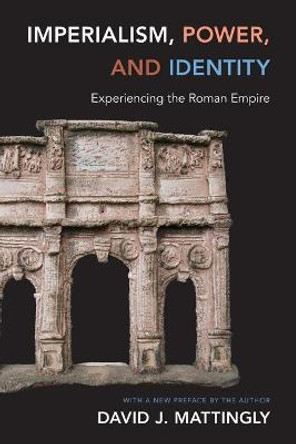In this book, Revell examines questions of Roman ethnic identity and explores Roman imperialism as a lived experience based around the paradox of similarity and difference. Her case studies of public architecture provide an understanding of how urbanism, the emperor and religion were part of the daily encounters of these communities. Revell applies the ideas of agency and practice in her examination of the structures that held the empire together and how they were implicated within repeated daily activities. Rather than offering a homogenised 'ideal type' description of Roman cultural identity, she uses these structures as a way to understand how encounters differed between communities, thus producing a more nuanced interpretation of what it was to be Roman. Bringing an innovative approach to the problem of Romanisation, Revell breaks from traditional models, cutting across a number of entrenched debates such as arguments about the imposition of Roman culture or resistance to Roman rule.
In this book, Louise Revell examines questions of Roman imperialism and Roman ethnic identity.About the AuthorA scholar of Roman architecture and Latin epigraphy, Louise Revell is Lecturer in the Department of Archaeology at the University of Southampton.
Reviews'... Revell produces a convincing argument of how the shared ideology of being Roman is there, how it gets local responses and how it can be studied through the material world.' De novis libris iudicia
Book InformationISBN 9780521887304
Author Louise RevellFormat Hardback
Page Count 240
Imprint Cambridge University PressPublisher Cambridge University Press
Weight(grams) 520g
Dimensions(mm) 229mm * 152mm * 17mm







